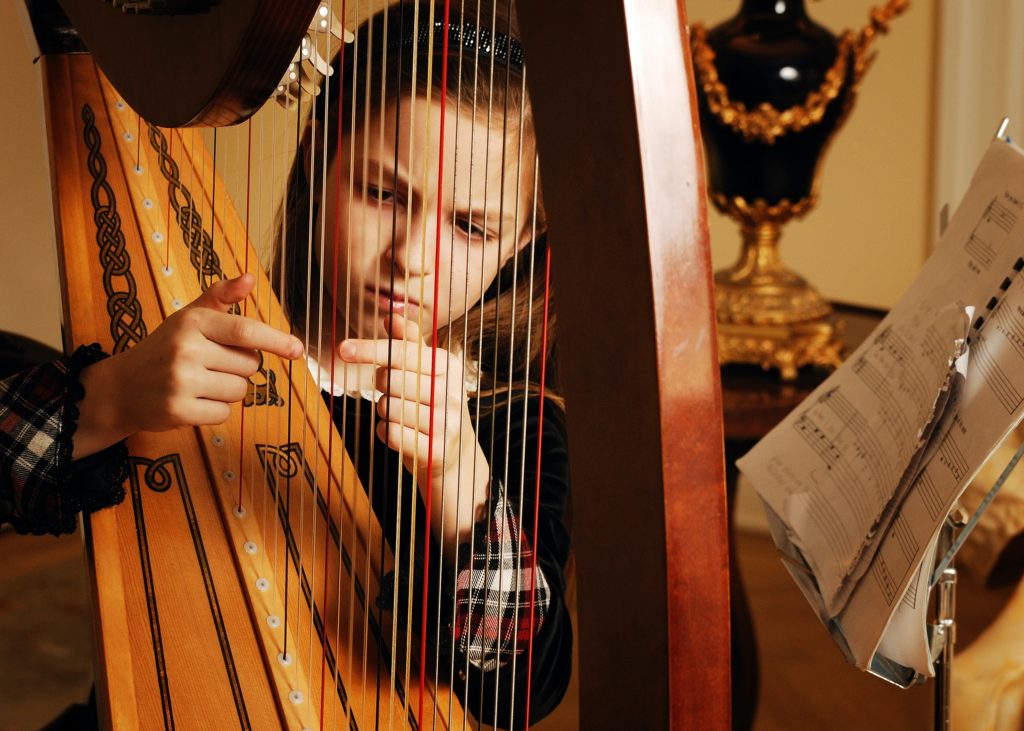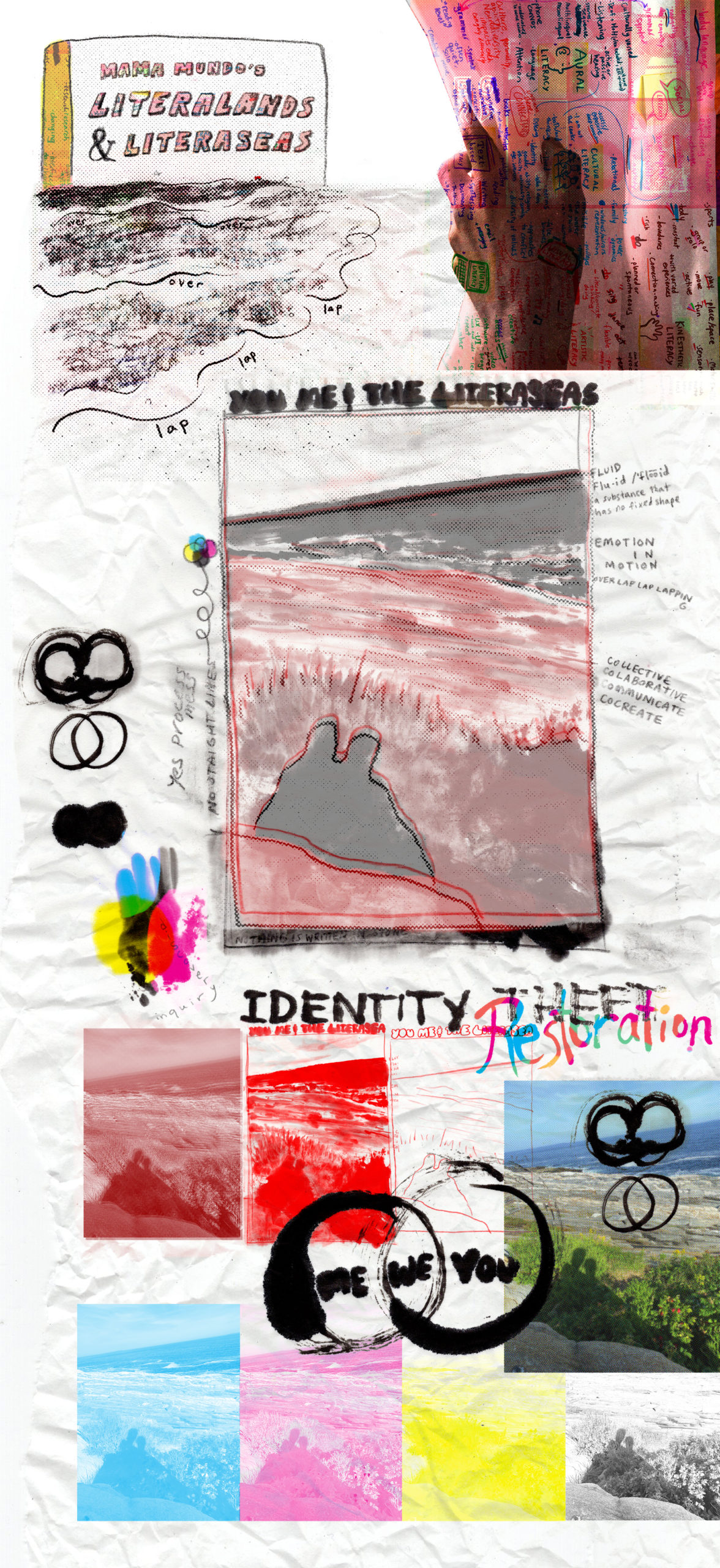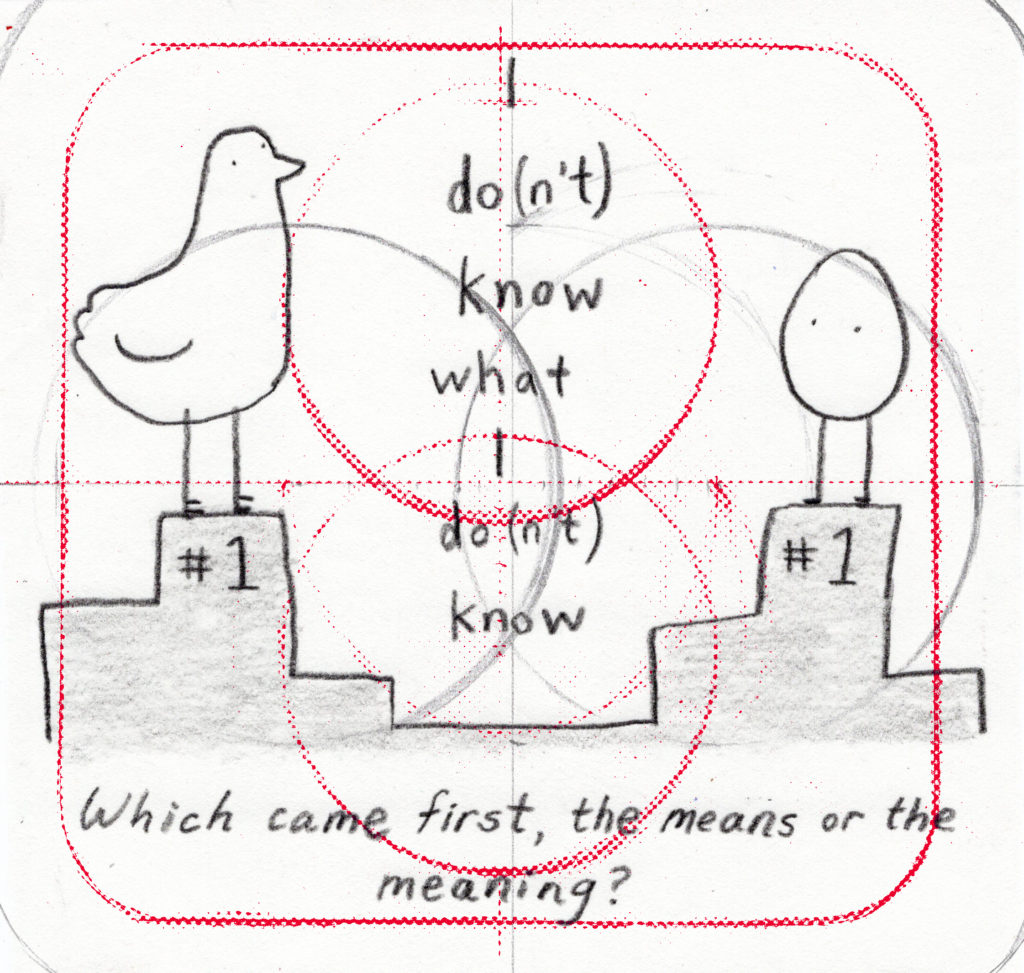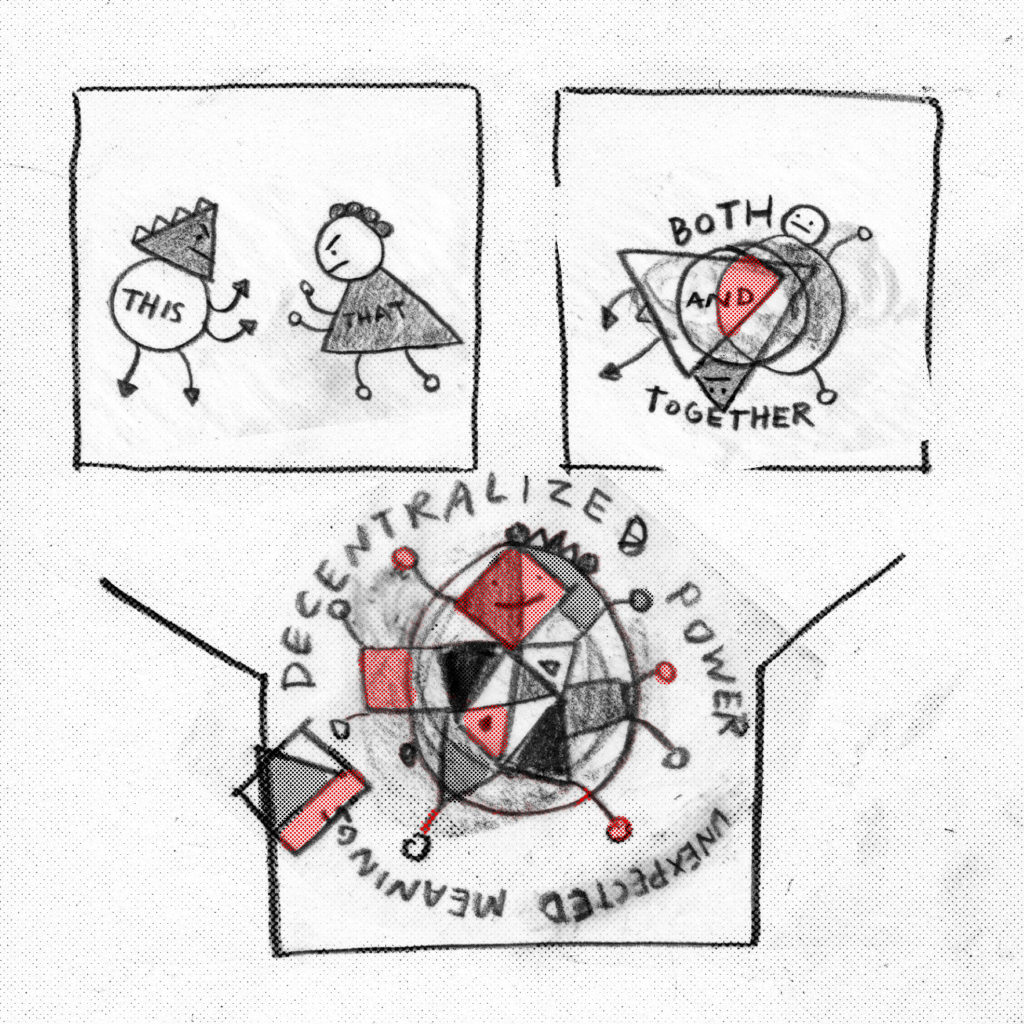Novel Music Partnerships Foster Creative Performance Opportunities

In this image taken indoors with warm lighting, a young child with long sandy blond hair sits behind a wooden harp and strums the instrument’s strings. Beside the child and the harp is a metal music stand holding sheet music. Photo by Heidi Yanulis on Unsplash.
When live music performances and in-person art shows came to a halt during the pandemic last year, many arts professionals quickly moved past the despair of the situation and collaborated on engagement ideas for a socially distanced world. In Connecticut, the Hartford Foundation for Public Giving rallied arts professionals from across the state to engage in virtual conversations and forge meaningful connections between arts organizations. From these meetings, Hartford Symphony Orchestra (HSO), the University of Hartford’s Hartt School of Music and public school music programs across Connecticut formed a new partnership over a shared interest in fostering meaningful performance opportunities.
During the summer of 2020, I collaborated with Timothy Brown, the Hartford Symphony Orchestra community engagement director, and Margaret Spear, the director of Hartt School Admissions, to create the Solo Music Festival for high school students. As partnering organizations, we combined our collective resources to overcome pandemic-related challenges like the loss of in-person music practice and performance opportunities for student and professional musicians, the redistribution of funding for safety-related supplies and an immediate decrease in student enrollment for undergraduate music programs. To support music in the schools, the HSO management and the Hartt School decided that this solo festival should be free to allow all schools to participate. Our hope was that a renewed involvement in school music making would benefit students from each organization.
We found that each stakeholder in this project benefitted from our collaborative partnership. The festival offered music educators an opportunity to prepare their students for a solo performance. These committed educators submitted student video performances for review by professional musicians. HSO’s professional musicians and Hartt School faculty shared constructive feedback with each music educator and student participant, and the HSO management paid musicians for sharing their expertise with each participant, which helped offset the symphony musicians’ lost wages from cancelled orchestra concerts.
Additionally, this festival supported HSO’s community outreach goals and the larger mission of their organization “to enrich lives and communities through music.” When the pandemic forced the orchestra to cancel their annual HSO Discovery Concert Series last year, the Solo Music Festival offered an alternative approach to educational outreach across Connecticut. The Hartt School faculty also connected with high school musicians and educators across the state through the music festival. In a time when college tours and auditions for incoming high school musicians were not possible in person, the connections between the Solo Music Festival participants and the Hartt School faculty provided meaningful communication about the university’s programs.
As an arts administrator, the pandemic has taught me to view problem solving in unconventional ways. By moving out of the silos of traditional systems, arts organizations can successfully create new and meaningful partnerships and find solutions that in many cases foster a greater impact. I will continue to collaborate with these two professional organizations on behalf of public school programs. This festival program for high school musicians created new connections between professional musicians and school programs when we needed it the most, and the program will continue to be offered in future years.
Interested in learning about additional creative solutions developed by arts educators during the COVID-19 pandemic? Explore AEP’s newest Success Stories focus area, COVID-19 Innovations and Responses, for positive impact stories from the field.



